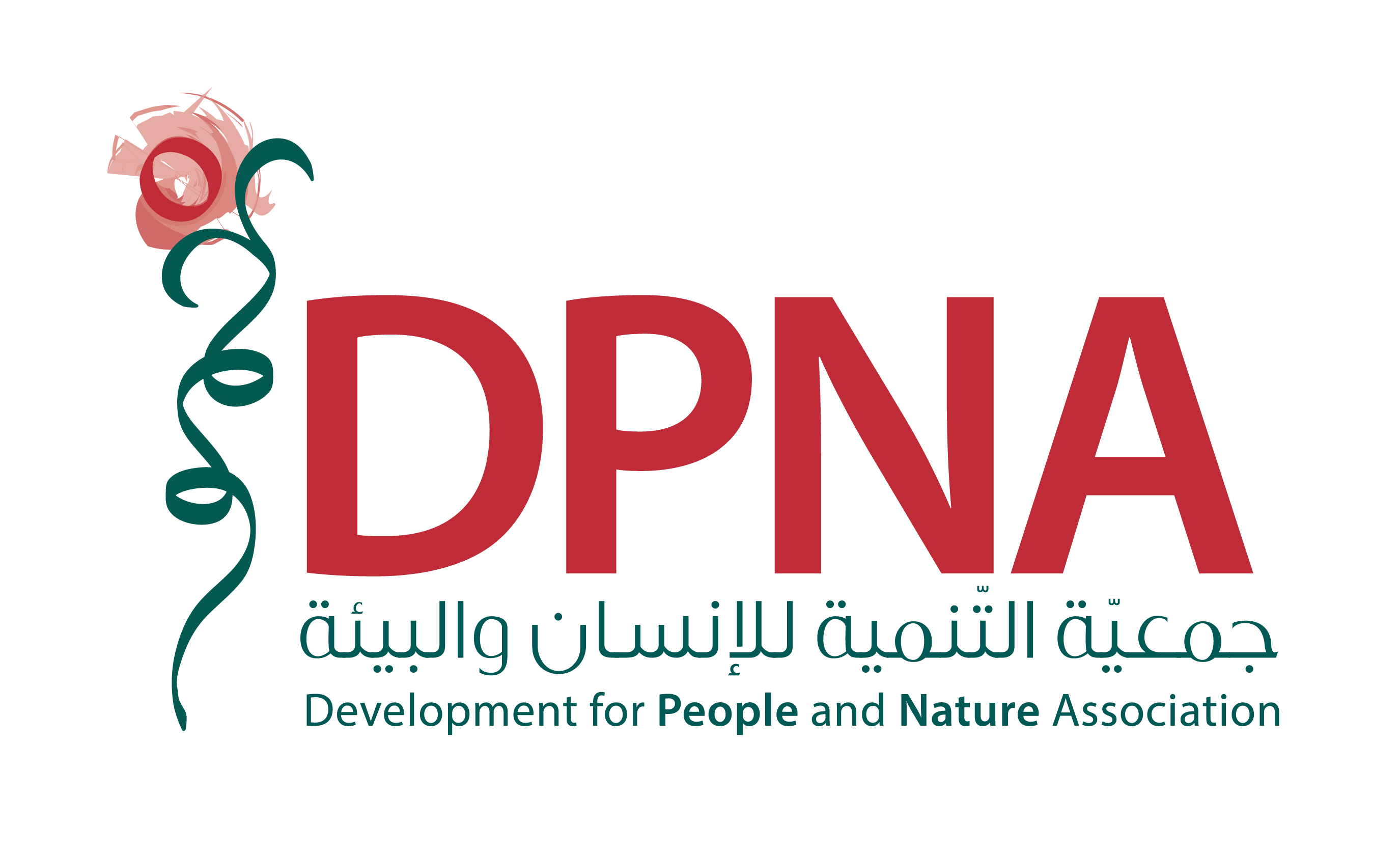
Encouraging Peace Partnerships through Civil and Political Engagement

Encouraging Peace Partnerships through Civil and Political Engagement
Partner
Mennonite Central CommitteeTarget Areas
Various locations across Lebanon: Beirut, Mount Lebanon, North Lebanon, Beqaa, Nabatieh, South Lebanon, Baalbeck/Hermel, Akkar
Target Audience
Overall 2260 beneficiary segregated equally between Females and Males (1130 Female, 1130 Male)
- 4 Environmental committees = 60 participant (30 Female, 30 Male)
- Civic Festival = 500 participant (250 F, 250 M)
- 4 World Environment Day= 200 participant (50 Female, 50 Male)
- 7 Roundtable meetings = 70 participant (35 F, 35 M)
- 11 International Day event = 550 participant (275 F, 275 M)
- Civil Peace Book = 600 participant (300 F, 300 M)
- Book FGDs = 120 (60 F, 60 M)
- NGO Exhibition= 100 (50 F, 50 M)
Overall Objective
A national project for three years, working with 15 ngos which aims to build social cohesion between 2,260 individuals in 6 governorates in Lebanon through increasing positive alliances and peacebuilding networks of communication between the layers of civil society to support the process of the rule of law and institutions.
Specific Objective
- Improved and strengthened relationships between the CSOs, public sector, and private sector.
- Increased utilization of strategies for preventing and resolving conflicts.
Achievements
| Month | Achievement | Success Story |
| January 2019 | After entering into the New Year and coming back from the holidays, and during the 2nd week of January, preparations for the book publishing were taking place. Working on the invitation cards, communicating with Authors, and people interested to attend the event. DPNA Team with its staff and volunteers managed to get everything ready for the book publishing. During this month, a follow-up meeting has been held between the environmental committee to negotiate and come up with solutions and a plan for the environment. | During the beginning of July 2019, the Lebanese Ministry of Labor “Kamil Abou Slayman” issued a decision that all foreigners living in Lebanon need to have a working permit including the Palestinians. Since the day of the declaration, Palestinian refugees in Lebanon expressed their anger believing that they are refugees and not foreigners. Not only this, they have no option rather than to stay in Lebanon due to Palestine being occupied. The refugees carried out a general strike and protests across 12 camps. The protests under the slogan “Day of Anger” paralyzed movement in the camps. Protesters closed the entrances with burning tires. All Palestinian political forces and popular committees took part in the protests. The head of Palestinian National Council, Salim Zanoun added: “Lebanon and its stability, as well as our determination to struggle together for the return of the Palestinian refugees, who have been graciously hosted by Lebanon for 71 years, and all refugees to their land and homes from which they were displaced by terrorism and the Israeli killing machine.” A source in the Lebanese-Palestinian Dialogue Committee (LPDC) added: “The census conducted by the Lebanese state in cooperation with the Palestinian Authority in 2017 showed that the number of Palestinian refugees in Lebanon has reached 174,000 and the Palestinian labor force doesn’t exceed 40,000 workers. But if we repeat the census this year, we’ll find that there’s a decline in the labor force because of the quest to migrate, even if illegally, and to move to a third country in search of a better life.” Not only this, during the protests the Palestinians expressed that already the Palestinian university graduates are not finding job opportunities after their graduation due to trade union limitations. The only union that allows Palestinian individuals to work in is the Order of Nurses in Lebanon. In addition, they are no allowed to work in 72 professions in Lebanon and are not permitted access to social security. Saida in the south of Lebanon witnessed the largest protests – noting here that the largest Palestinian camp is located in Saida. Since day one of the protests the CSO gathering in Saida started to apply visits to political and religious parties in order to discuss the impact of the Ministry of Labor decision and how it can be mitigated (Saida Municipality Mayor, Roman Catholic Bishop Elie Haddad, Roman Orthodox Archdiocese Bishop Elias Kfoury…). These visits had positive support and appraisal from all parties adding that the CSOs in the district had a key role in shaping the unity of the Lebanese-Palestinian position in support of the rights of Palestinian refugees in Lebanon, especially the right to work. Adding to being part of the CSO gathering in Saida, DPNA conducted several roundtables at its premises to set a mitigation plan to the gap that is being done between the Palestinians and Lebanese in the country generally and in Saida specifically. During these meetings, a plan has been set to start the next phase focusing on the need to conduct a workshop in order to prepare a file that presents all the rights that the refugee must have, especially the right to work and the right to own property, in order to present it during the second round of visits that will be with the Lebanese Dialogue Committee, Palestinian and international organizations such as the Relief Agency for the Employment of Palestinian Refugees in Lebanon (UNRWA), the European Union and the Human Rights Organization. Due to the fact that the endeavors put by DPNA and the civil society serves the community and disseminates peace through the individuals living in the community with no prior arrangement, this story is considered being a success to the Sharaka project in specific in addition to its being success in the community. |
| February 2019 | Continue with the preparation of the Book Publishing, invitations distribution, and the implementation of the event. On February 15, 2019 the book publishing took place and it was one of the most successful events that DPNA has conducted. More than 200 individuals attended the book publishing during which several authors, activist, and civil society personnel gave commentary. The feedback from the event was positive and people requested that DPNA repeat such events. Not only this, when leaving the event each individual took a guidebook and many requested several copies for their siblings and friends since they were not able to attend the sessions themselves. | |
| March 2019 | During this month, preparations for the 3rd year took place. Knowing that the project will end its 2nd year at the end of this month, DPNA team managed to sit and set a plan for the 3rd year activities that were set in the proposal and make sure that the 2nd year is completely closed. On the other hand, an environmental committee meeting took place during this month. During this meeting, points were discussed on what are the ways that the environment in Lebanon will become better and safer knowing that during March the spring starts. An example of taking care of the environment was: submitting requests to the villages’ municipalities for garbage bins to be placed in areas where people gather for picnics and events. | |
| April 2019 | During April 2019 two follow-up sessions with the already present environmental committees took place. Due to the fact that Lebanon is known for its pollution in all its types (air, water, sound…), the environmental committees met to discuss the issue that is taking place in the South of Lebanon. Garbage is being burnt in several places in the south which is causing air pollution to the citizens living beside the burnt garbage resulting with lung and other types of diseases on the long run. After sitting for two consecutive days, the environmental committee considered that this is a crime for the environment and the people living in the districts as the burning of the garbage affected the soil and the groundwater. Members meeting agreed to set another meeting during the next month in order to set a solution and a communication map for the solution. The total number of members during the two days has been disseminated into (16 females, 14 males) | |
| May 2019 | After meeting during April, the environmental committees met again for two consecutive days during May 2019. During these follow-up sessions, the members attending refreshed the outcomes of the sessions done during April 2019 and drafted a list of people that have influence in each of the districts where garbage is being burnt. What was surprising is the fact that several individuals attending the session had good connections either directly with the municipalities or through individuals with good connections with the municipality. Noting at the end of the meeting attendees stated that this issue is not only bound to the South but in another places the garbage is left unpicked (Beirut and North Lebanon) which also is affecting the citizens and the environment. So this topic has been postponed to further sessions. (15 females, 15 males) During the same month, a follow-up session with year two world culture day took place to follow-up on updates related to the culture in Lebanon, share their thoughts, and put any mitigation plan for any raised problem. (7 females, 3 males) | |
| June 2019 | For the period of June 2019, two sessions with the environmental committee took place to discuss what happened after communicating with people they know in the districts “municipalities, authority individuals…” Not only this, but attendees suggested to have referral to known environmental associations for sessions to be raised in the districts with the citizens on waste sorting or any other solution (15 females, 15 males). In addition, a follow-up session on international day with people with disabilities took place to check on new activities related to this occasion. (6 Females, 4 Males) | |
| July 2019 | For the duration of July 2019, one follow-up session took place with year two international youth day to check on what took place during the past year, what are the challenges of the youth, what is the field work done by the civil society related to the youth. In addition to referring to other individuals that are interested in being part of a youth roundtables and event implementation. (5 Males, 5 Females) After the selection took place, two roundtables on youth day took place in order to plan for the event that is going to take place during the next month. Seeking for quality, an amendment has been done due to the fact that the youth needed additional time to prepare for the day. (5 Males, 5 Females) | |
| August 2019 | During August 2019, the implementation of international youth day took place where a lot of youth from several projects implemented by DPNA participated in a ceremony. During this ceremony, groups of youth participated in performing musical, theater, or said a word on the importance and happiness of them being involved in everything whereas they lacked this before they met the organization. (24 Males, 36 Females) | |
| September 2019 | As for September 2019, two roundtables for the Jezzine Apple festival day took place. Where during these roundtables, people in the domain of Apple met and discussed how this event will take place. The individuals attending requested an additional one day for the preparation of the Jezzine Apple festival and the postponing of the international day until the beginning of November. (7 Males, 3 Females) During the same month, a follow-up session took place with 6 females and 4 males that has been participating in the world peace day planning or implementation. During this session, the participants discussed the work that has been done, the event and its positive feedback, the things that should have done better. In addition, each discussed the work that is being currently done by the civil society on issues related to peace. |
Blockqoute
Slaymen Fawwaz, 28 years old, Lebanese, DPNA
“It brings peace into my heart seeing how NGOs and the civil society are working so hard to spread love and peace”


